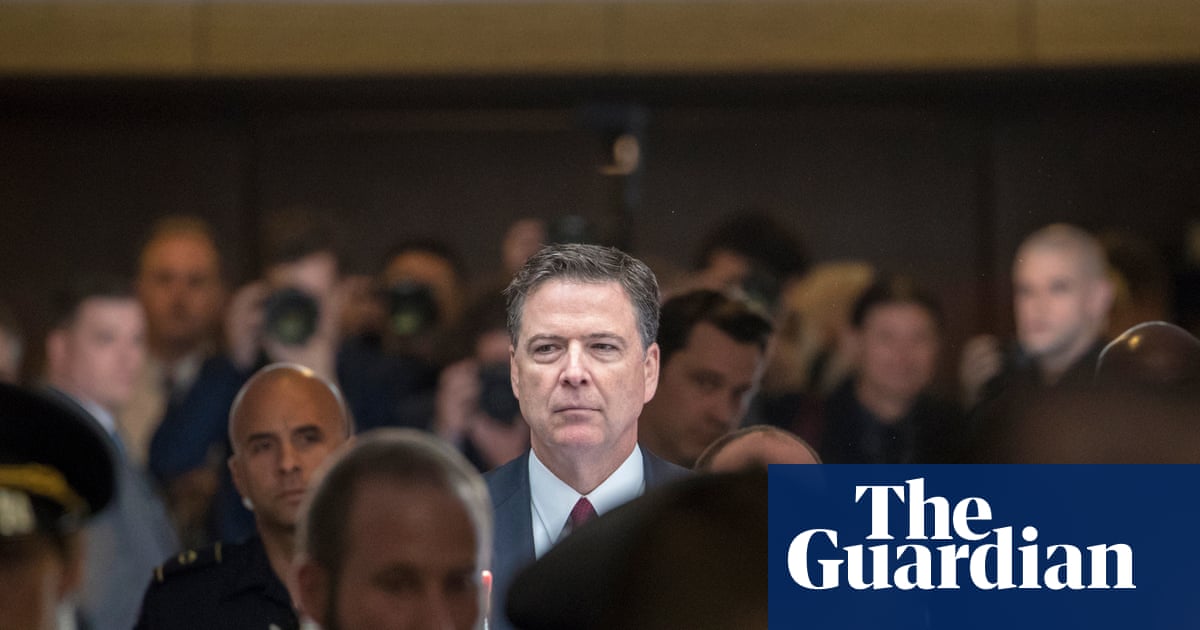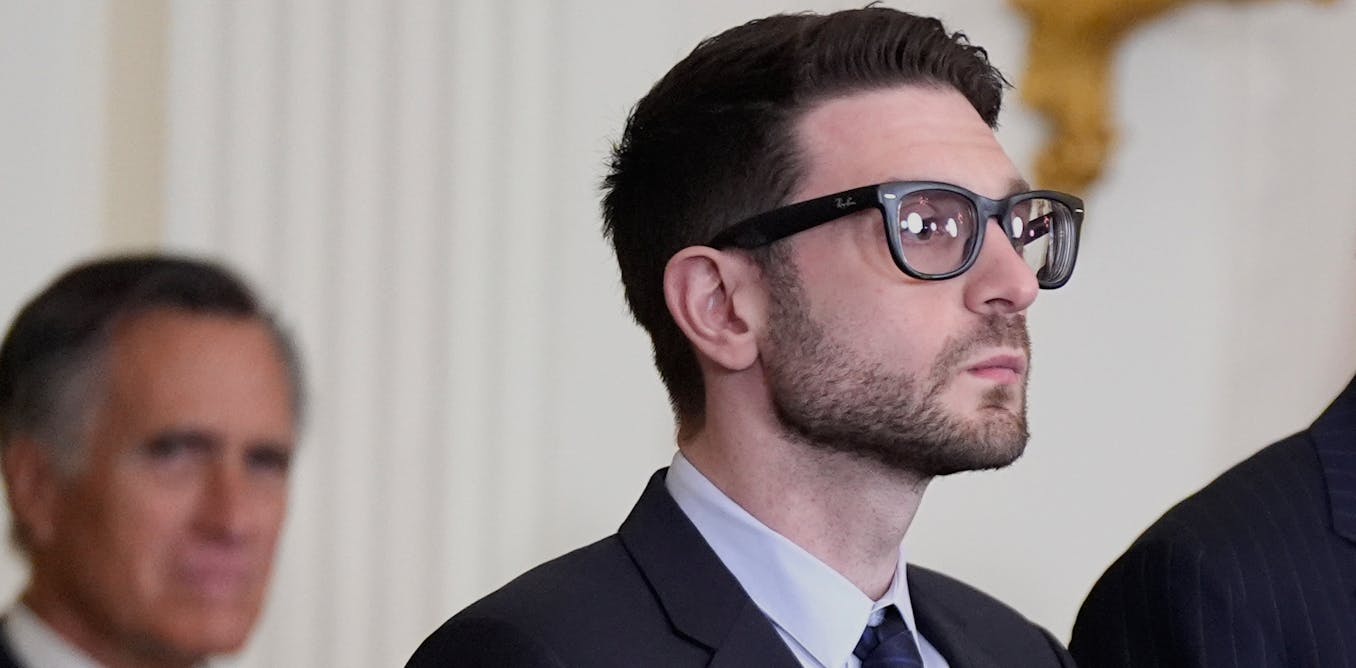Federal prosecutors in Virginia have charged former FBI Director James Comey with obstruction of justice and making false statements, just days after President Donald Trump publicly implored his Justice Department to quickly seek indictments of his perceived foes and ousted a U.S. attorney who resisted.
A federal grand jury in Alexandria, Virginia, indicted Comey on Thursday on charges stemming from Comey’s testimony to the Senate Judiciary Committee in September 2020 about the FBI’s investigation into links between Trump’s 2016 presidential campaign and Russia. Prosecutors sought the indictment just before a Sept. 30 legal deadline that would have put criminal charges out of reach because the statute of limitations would have expired.
“No one is above the law,” Attorney General Pam Bondi wrote on X shortly after word of the charges against Comey emerged. “Today’s indictment reflects this Department of Justice’s commitment to holding those who abuse positions of power accountable for misleading the American people. We will follow the facts in this case.”
Lindsey Halligan, the interim U.S. attorney for the Eastern District of Virginia the Trump administration installed Monday, described the charges as grave because of Comey’s alleged effort to mislead Congress.
“The charges as alleged in this case represent a breach of the public trust at an extraordinary level,” Halligan said. “The balance of power is a bedrock principal [sic] of our democracy, and it relies upon accountability and a forthright presentation of facts from executive leadership to congressional oversight. Any intent to avoid, evade, prevent, or obstruct compliance is a violation of professional responsibility and, most importantly, the law.”
A lawyer for Comey did not immediately respond to a request for comment.
The text of the indictment was not immediately available Thursday night, but each of the two felony charges carries a maximum possible penalty of five years in prison.
The indictment immediately triggered alarm — inside and outside the Justice Department — that Trump had effectively ordered the prosecution of a political adversary, exacting retribution against a longtime foe he blames for his own years of criminal prosecution and impeachment.
For a half century or more, presidents of both parties have worked to insulate the Justice Department from political influence in prosecutorial decisions, particularly in high-profile and politically sensitive matters. Though prior administrations have faced allegations of politicizing and weaponizing federal prosecutors, no president has so overtly pressured his attorney general to cross that rubicon — and gotten immediate results.
Trump’s intense desire to see Comey face criminal charges prompted unusual turmoil in recent days among federal prosecutors involved in the investigation. And that turmoil could make the actual case against Comey difficult to prosecute, as the former FBI director is all but certain to challenge the indictment as a selective and vindictive prosecution that a judge must throw out.
Last week, the top federal prosecutor in Virginia’s Eastern District, Erik Siebert, resigned following reports he had cast doubt on prosecuting Trump’s adversaries. The following day, Bondi appointed a local prosecutor active in Republican politics, Mary Cleary, to run the office on an acting basis.
But hours later, Trump publicly warned Bondi she was not acting quickly enough to punish his political rivals — naming Comey, Sen. Adam Schiff (D-Calif.) and New York Attorney General Letitia James. And Trump urged Bondi to give his former personal lawyer Halligan, a White House aide with no prosecutorial experience, the job instead.
“What about Comey, Adam ‘Shifty’ Schiff, Leticia??? They’re all guilty as hell, but nothing is going to be done,” Trump wrote on Truth Social. “We can’t delay any longer, it’s killing our reputation and credibility. They impeached me twice, and indicted me (5 times!), OVER NOTHING. JUSTICE MUST BE SERVED, NOW!!!”
Within two days, Bondi complied and Halligan was sworn in.
Comey appeared remotely for his 2020 Senate testimony, testifying from his home in McLean, Virginia.
The obstruction charge appears to relate to questioning of Comey by Sen. Lindsey Graham (R-S.C.) about a referral U.S. intelligence agencies sent to the FBI in September 2016 indicating that Hillary Clinton’s presidential campaign hoped to distract from the controversy over her private email account by accusing Trump of being under Russian influence.
After describing the referral, Graham said, “You don’t remember getting that or being talked —”
“That doesn’t ring any bells with me,” Comey said as the audio glitched.
The false statement charge pertains to Comey’s claim during the hearing that he had not authorized anyone at the FBI to be an anonymous source for a news story.

 German (DE)
German (DE)  English (US)
English (US)  Spanish (ES)
Spanish (ES)  French (FR)
French (FR)  Hindi (IN)
Hindi (IN)  Italian (IT)
Italian (IT)  Russian (RU)
Russian (RU) 






















Comments